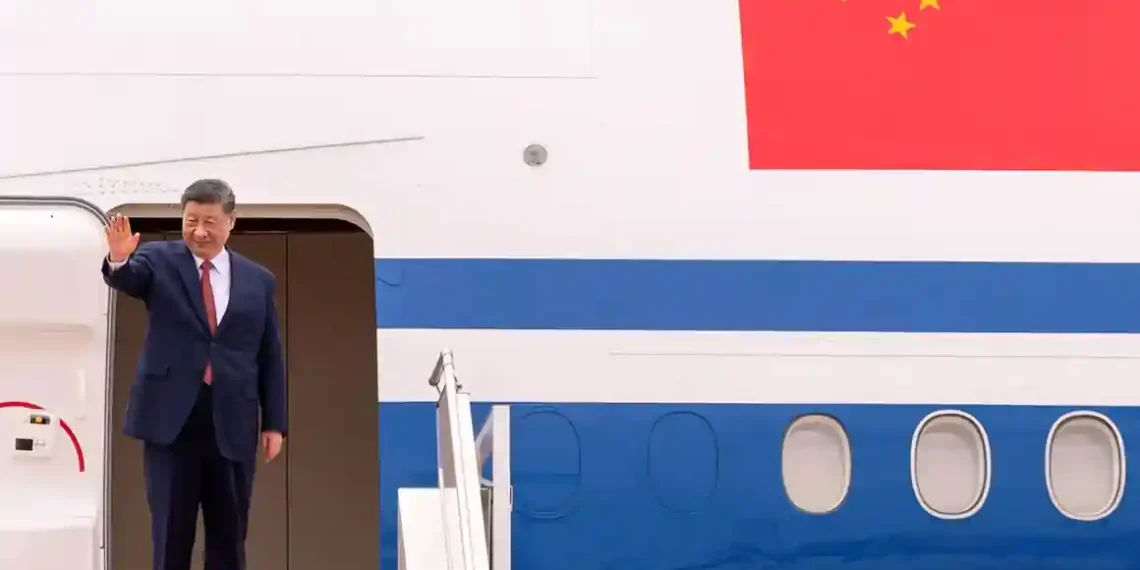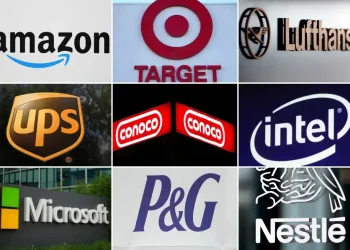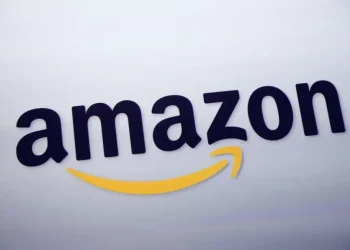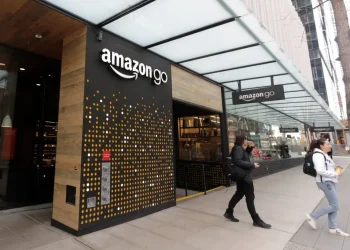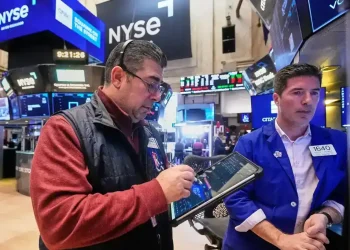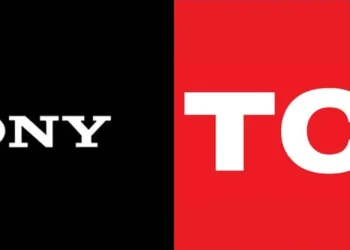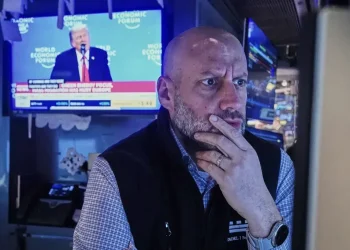Trump’s Trade War U-Turn Met With Mockery and Mistrust in China
President Donald Trump’s latest bid to ease trade tensions with China has sparked more skepticism than optimism—especially inside China, where officials brushed off his remarks and netizens mocked him as “chickening out.”
Speaking from the Oval Office, Trump stunned markets on Tuesday by promising a sharp reduction in tariffs on Chinese goods and a more conciliatory approach at the negotiating table. He even pledged to avoid thorny topics like the origins of Covid-19. His remarks briefly cheered Wall Street—but didn’t move Beijing.
China’s Commerce Ministry quickly dismissed Trump’s olive branch. Spokesperson He Yadong insisted that the U.S. must take full responsibility for starting the trade war—and must now fully remove its tariffs if it’s serious about peace.
“Whoever tied the bell must untie it,” He said. “The U.S. needs to cancel all unilateral tariffs and engage in equal dialogue.”
Meanwhile, China’s Foreign Ministry denied Trump’s claim that both nations are in regular talks.
“These are all fake news,” said spokesperson Guo Jiakun, bluntly rejecting the notion that negotiations were underway.
Chinese academics advising the government view Trump’s tone shift as a response to domestic pressure and market turmoil—not a genuine peace offering. According to Wang Yiwei of Renmin University, Trump appears “flustered” and inconsistent, making it hard for Beijing to trust him.
“He says one thing today, another tomorrow,” Wang said. “He’s trying to bait China into talks, but it’s not working.”
Wu Xinbo, a U.S. policy expert at Fudan University, echoed that sentiment. “China is in no rush,” he said. “We’re prepared to wait—and negotiate on our terms.”
Trump’s apparent pivot came just after a private meeting with CEOs from major U.S. retailers—Walmart, Target, Home Depot, and Lowe’s—who expressed concern over the economic fallout of the tariffs. The pressure is growing as fears of a global recession mount.
Though Trump hasn’t provided specifics, a White House official told the Wall Street Journal that current tariffs—set as high as 145%—could be slashed to between 50% and 65%.
But Wang, currently in Washington, said that’s not nearly enough. “If you want to talk seriously with China, cancel all the tariffs—then we can talk.”
In China, Trump’s remarks were met with ridicule. On the social media platform Weibo, the hashtag “Trump chickened out” racked up over 150 million views. One user wrote, “If they won’t even cancel all the tariffs, why even bother negotiating?”
Despite the government’s public defiance, some Chinese experts are quietly expressing concerns.
An anonymous foreign policy expert told CNN that the sky-high tariffs are “torturing” China’s slowing economy and could lead to social unrest and instability.
“Authorities aren’t telling the truth,” he said. “Our foreign trade is suffering. Jobs are at risk. We can’t afford to drag this out much longer.”
Voices critical of Beijing’s hardline stance are often silenced. A post by a Chinese Academy of Social Sciences researcher calling retaliatory tariffs “completely wrong” was quickly censored after it gained traction on WeChat.
“There’s no point in hurting ourselves just because the U.S. is doing the same,” the researcher wrote.
Despite Xi Jinping’s recent diplomatic tour of Southeast Asia to boost China’s image as a stable partner, analysts warn the country’s growth outlook remains shaky. China has set a 5% growth target for 2025—but economists say it’s an uphill battle.
Goldman Sachs recently warned that U.S. tariffs would continue to weigh heavily on China’s economy. Even with a surprising 12.4% export surge in March, the momentum is unlikely to last.
The anonymous Chinese expert believes a resolution is coming—eventually.
“This is about saving face. China is waiting for the U.S. to blink first, so it can frame any deal as a win,” he said.
This article was rewritten by JournosNews.com based on verified reporting from trusted sources. The content has been independently reviewed, fact-checked, and edited for accuracy, neutrality, tone, and global readability in accordance with Google News and AdSense standards.
All opinions, quotes, or statements from contributors, experts, or sourced organizations do not necessarily reflect the views of JournosNews.com. JournosNews.com maintains full editorial independence from any external funders, sponsors, or organizations.
Stay informed with JournosNews.com — your trusted source for verified global reporting and in-depth analysis. Follow us on Google News, BlueSky, and X for real-time updates.
